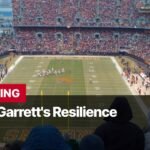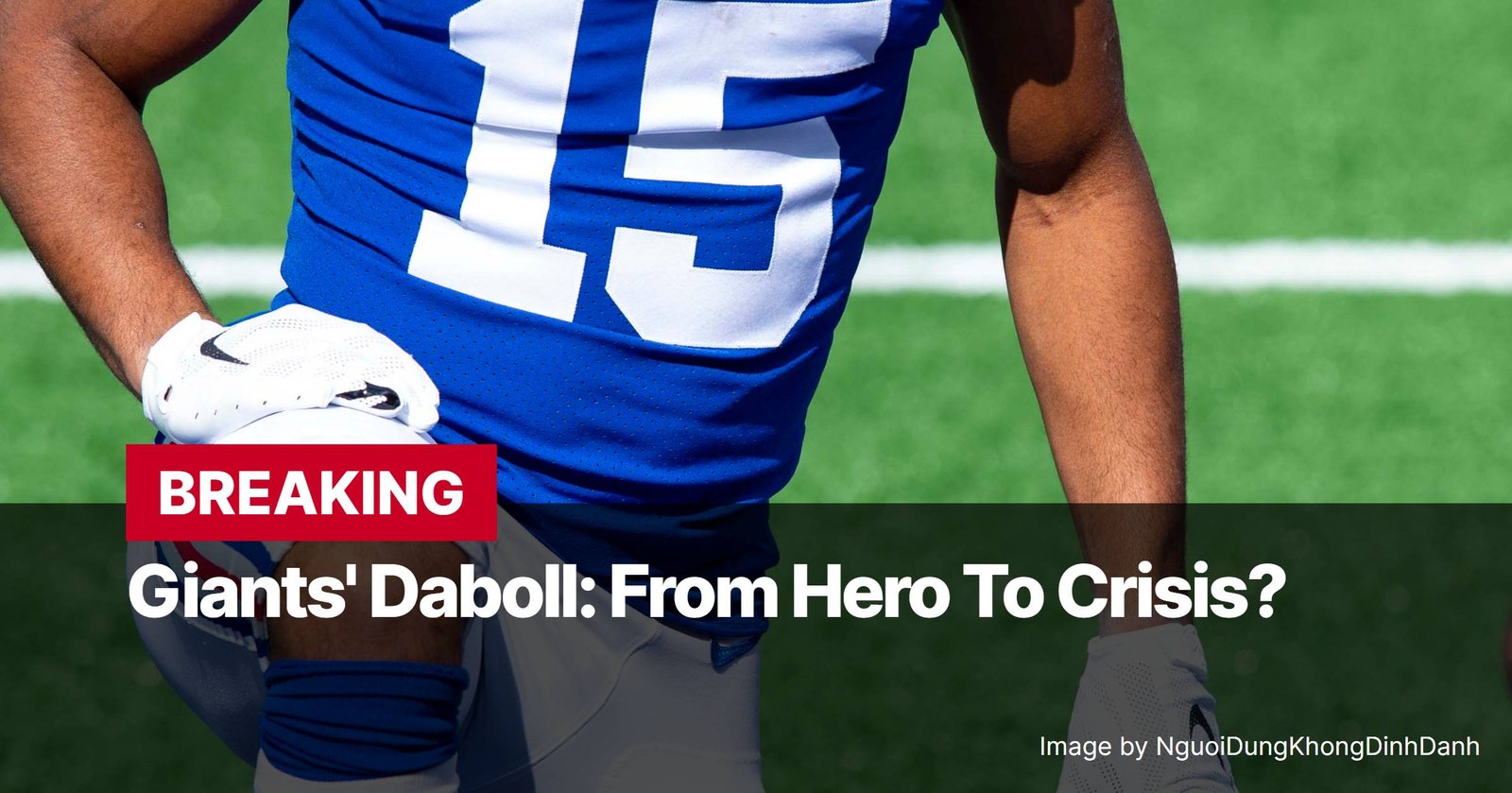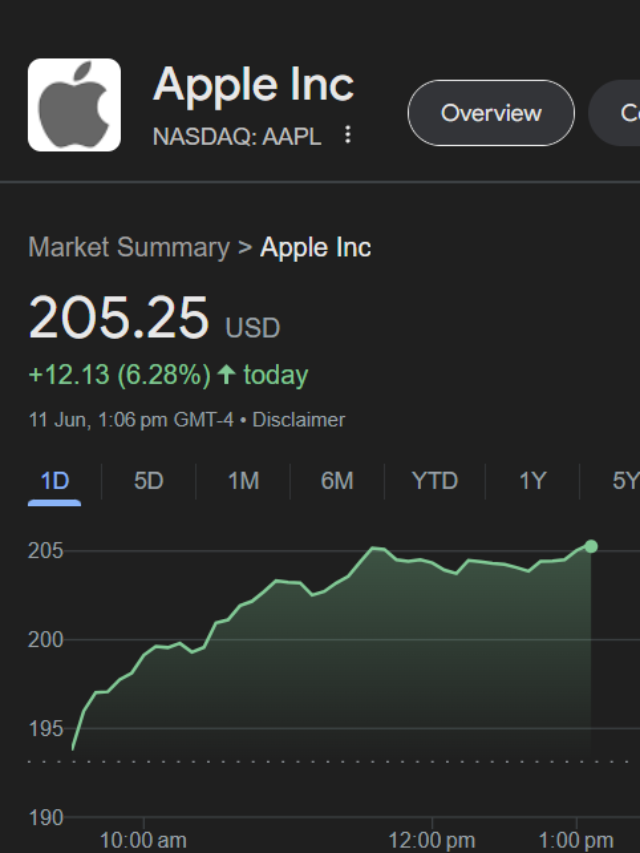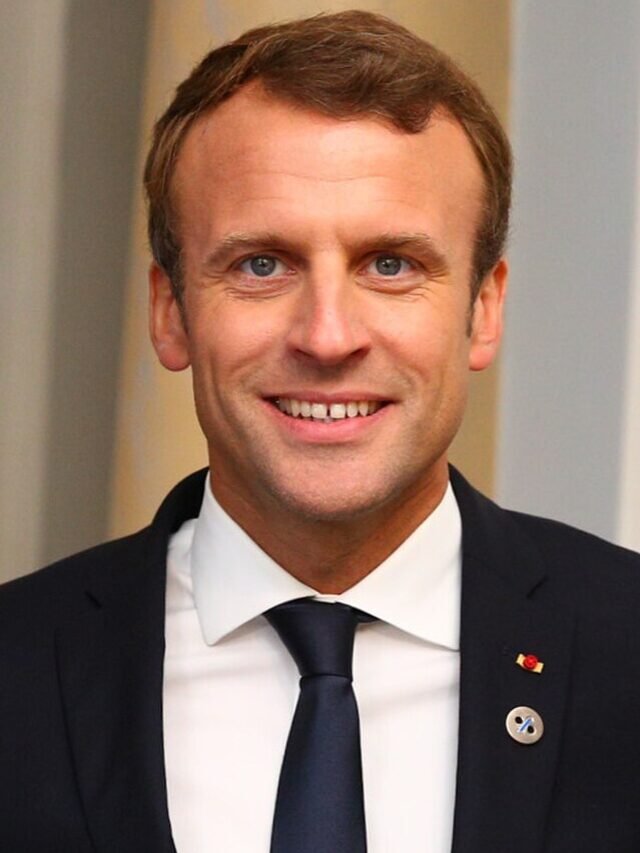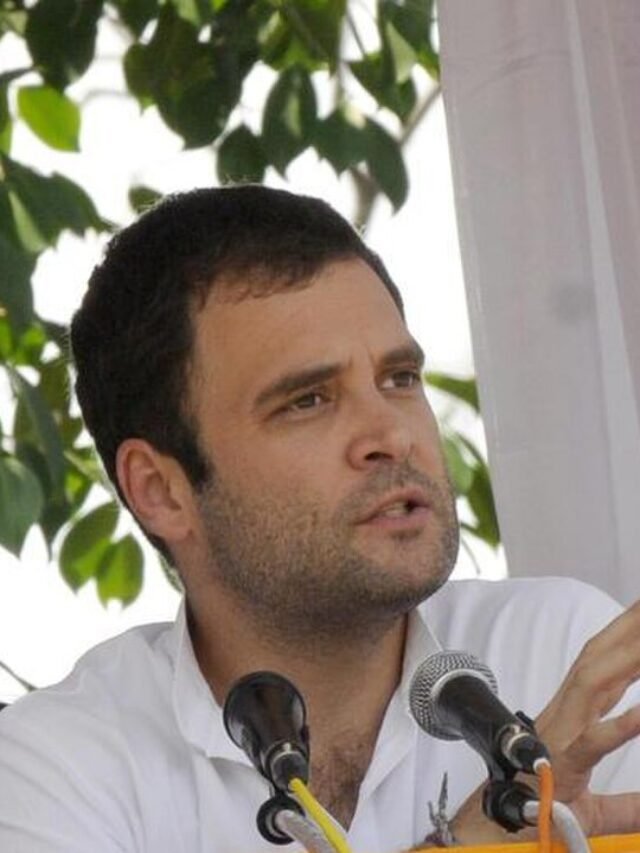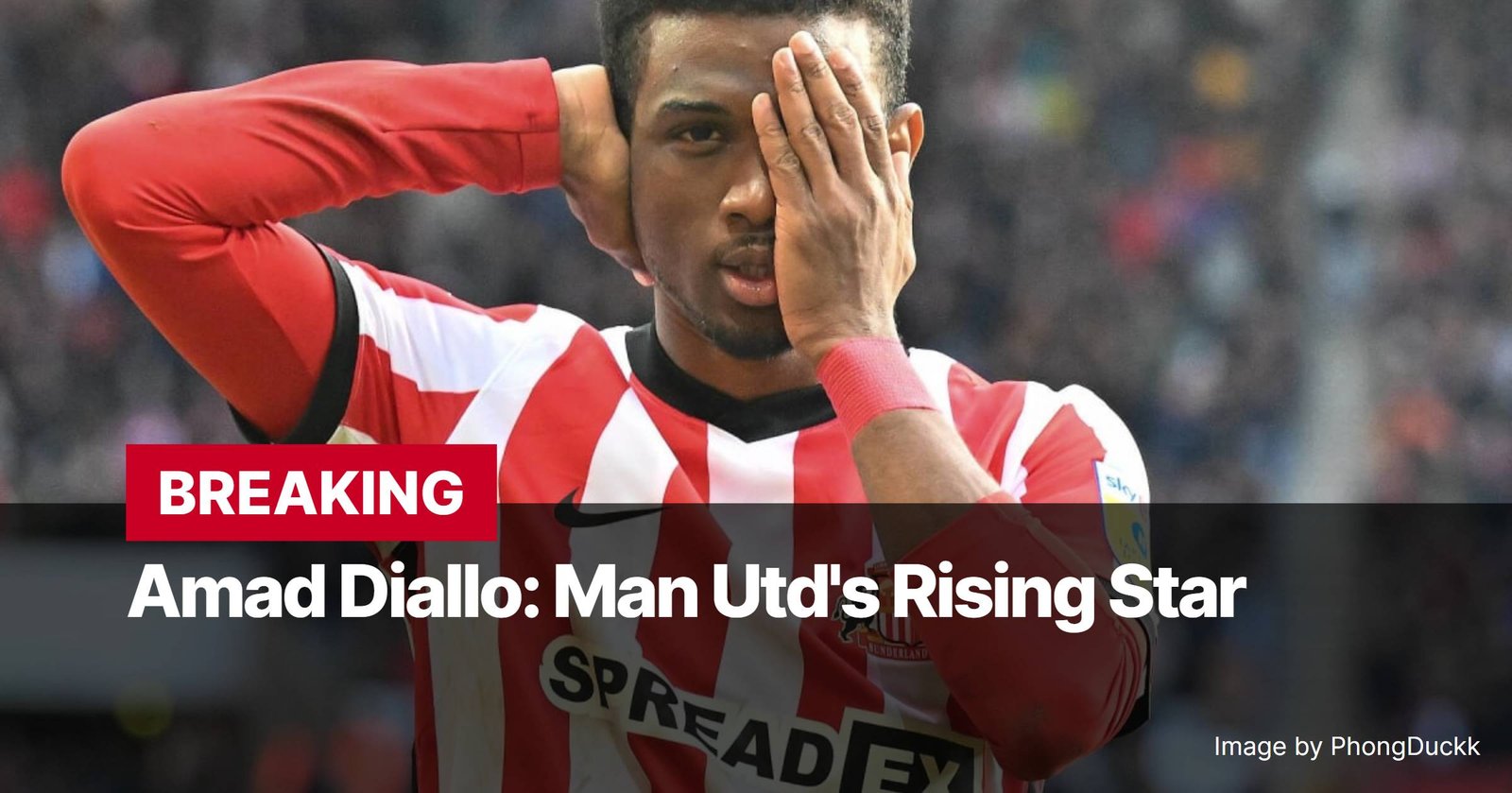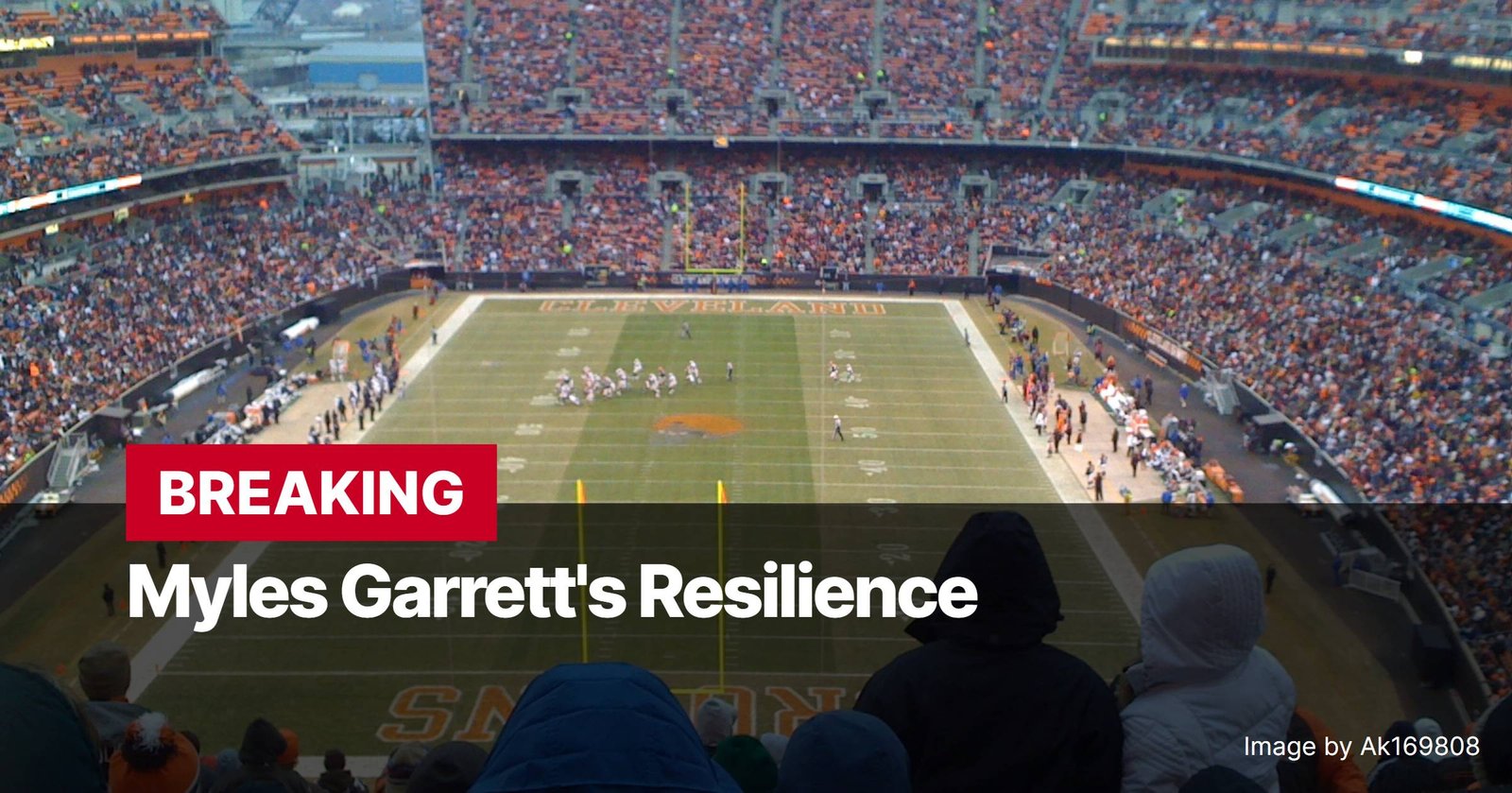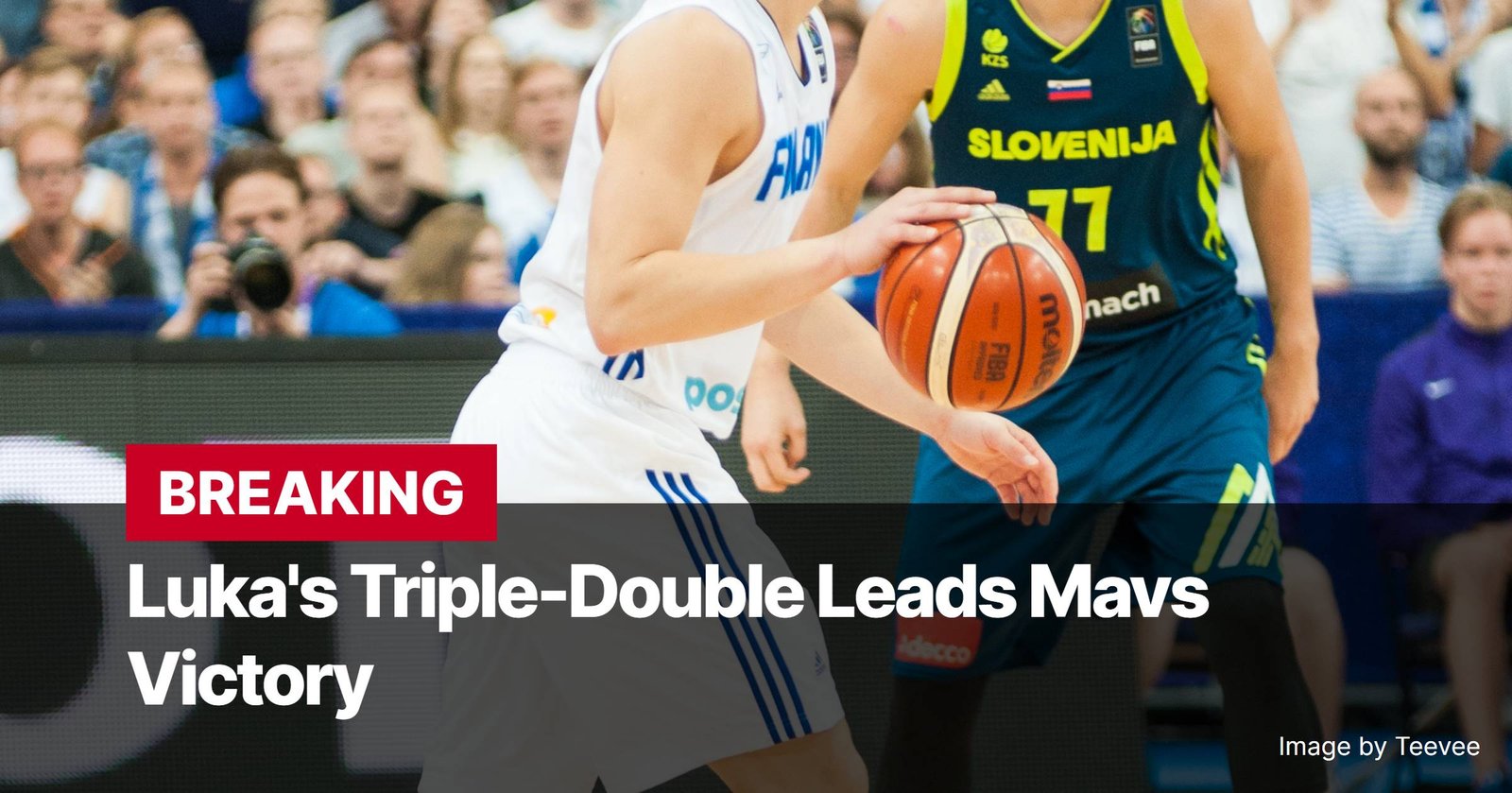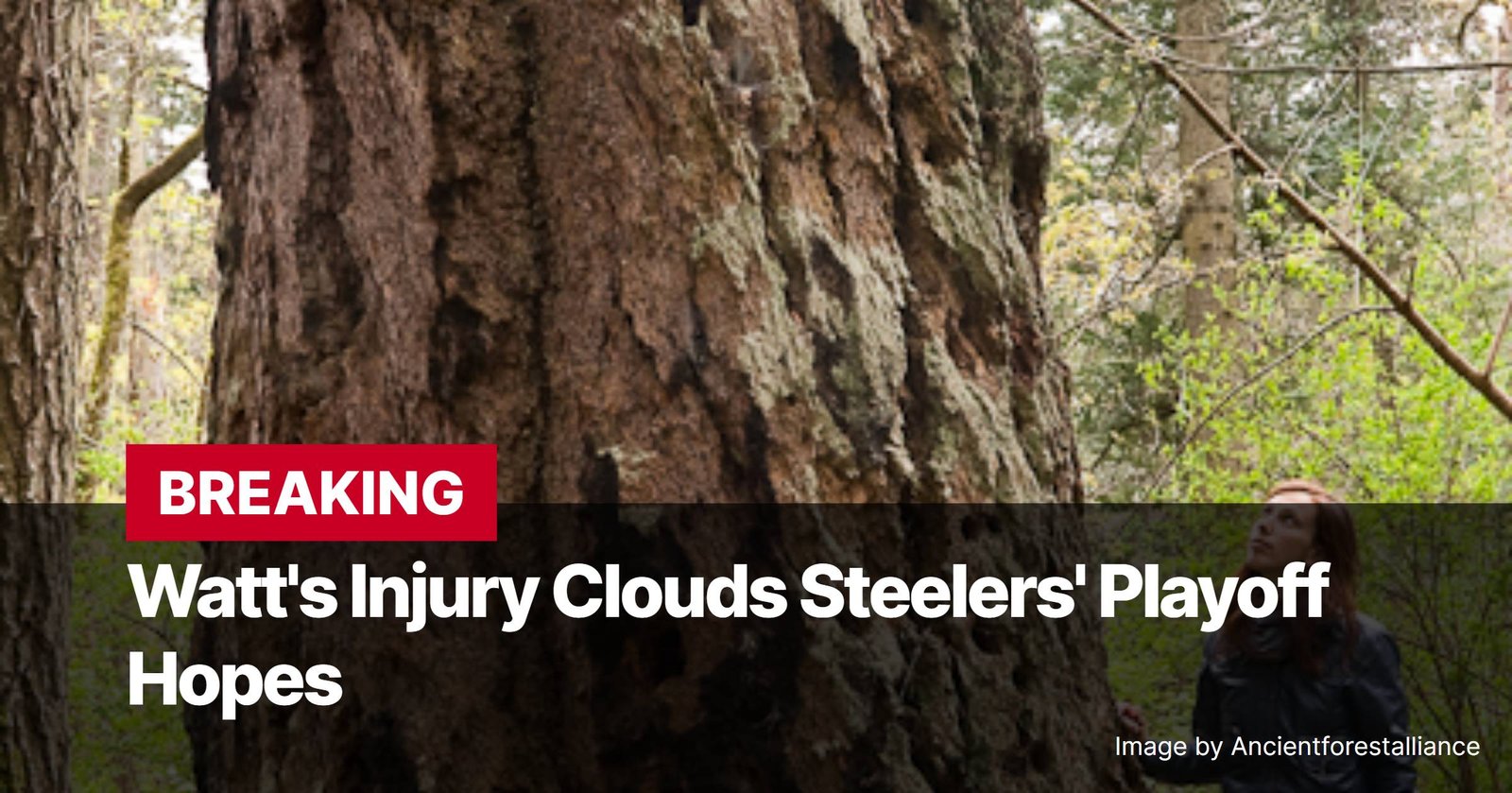Brian Daboll, the once celebrated architect of the New York Giants’ surprising 2022 playoff run, finds himself navigating a far more challenging landscape this season. The honeymoon period that followed his Coach of the Year award has definitively ended, replaced by the harsh realities of a struggling team, internal dissent, and mounting questions about his leadership.
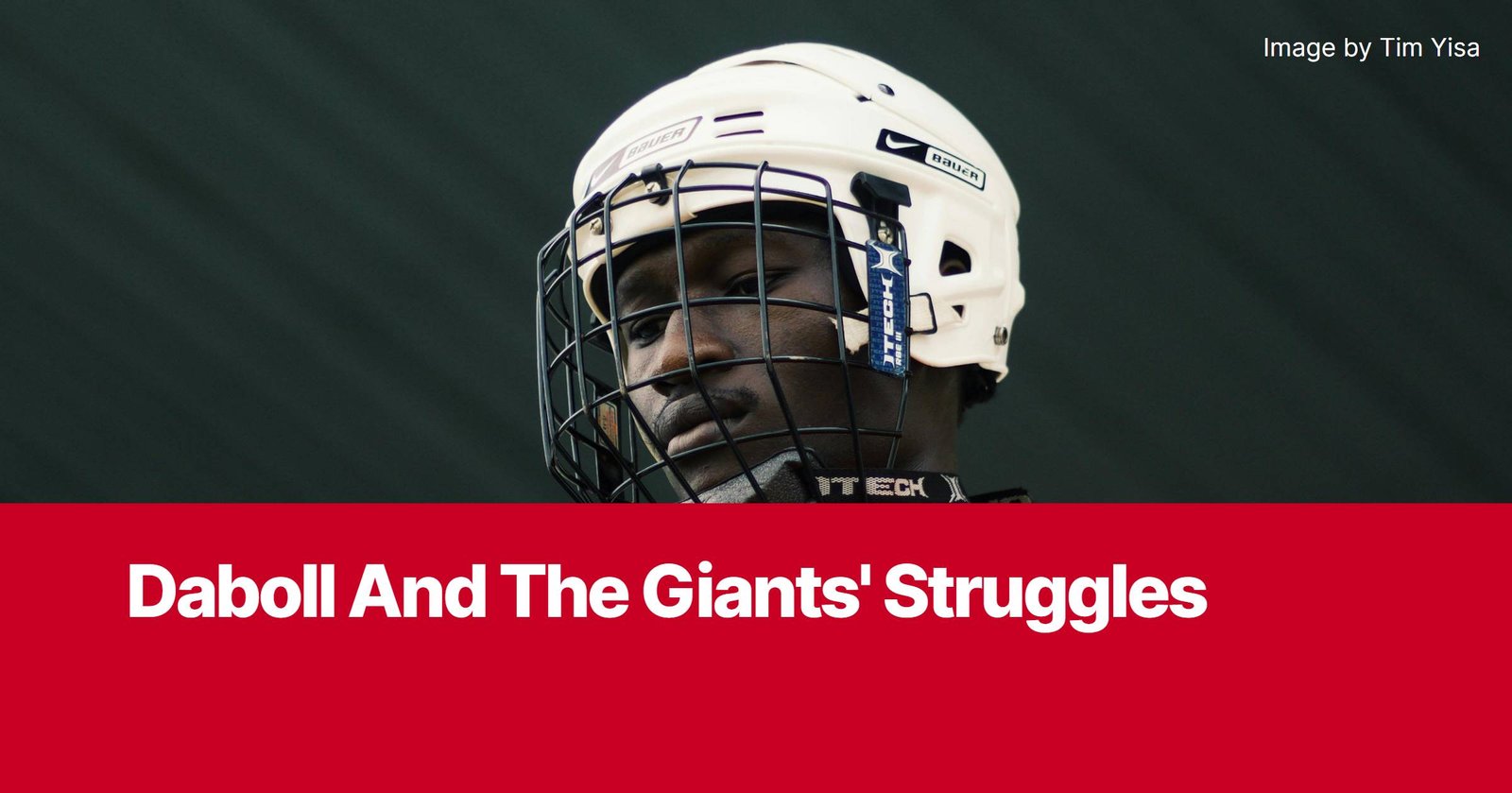
Daboll’s Giants burst onto the scene last year, exceeding all expectations by reaching the playoffs and securing a postseason victory after a dismal 4-13 record the previous season. This rapid turnaround was largely attributed to Daboll’s offensive ingenuity and his ability to unlock quarterback Daniel Jones’ potential. He revitalized a stagnant offense, injecting it with creativity and dynamism. The narrative was one of a brilliant young coach leading a team back to relevance.
However, the 2023 season has painted a starkly different picture. The Giants currently sit at a disappointing 2-9, mired in a six-game losing streak. The offensive spark that ignited their previous campaign has fizzled, replaced by an anemic attack averaging a league-worst 14.8 points per game. Injuries have undoubtedly played a role, with key players like Jones, Saquon Barkley, and several offensive linemen missing significant time. Yet, injuries alone cannot explain the team’s precipitous decline and the growing discontent within the locker room.
The tension reached a boiling point following a humiliating 30-7 home loss to the Tampa Bay Buccaneers. Rookie wide receiver Malik Nabers publicly voiced his frustration, questioning his lack of involvement in the first half of the game, a period in which the Giants were thoroughly outplayed. Nabers’ comments, while perhaps undiplomatic, exposed a deeper malaise within the team. Veteran offensive lineman Jermaine Eluemunor and defensive captain Xavier McKinney also expressed concerns about the team’s effort and overall performance. Words like “soft” were used to describe the Giants’ play, a damning indictment of a team seemingly lacking the fight and resilience that characterized their previous season.
Daboll has responded to these criticisms by emphasizing the players’ effort and attributing the team’s struggles to execution and play-calling. He has maintained that the players are giving their all, despite the disappointing results. However, his insistence on retaining play-calling duties, despite the offense’s dismal performance, raises questions about his willingness to adapt and delegate.
The Giants’ struggles extend beyond the offensive side of the ball. The defense, once a relative strength, has faltered, unable to consistently generate pressure or create turnovers. The special teams unit has also been plagued by inconsistencies, most notably illustrated by the recent absence of a backup kicker after Graham Gano’s injury. These shortcomings, combined with the offensive woes, point to a team-wide regression that transcends individual player performances.
Daboll now faces the daunting task of restoring order and confidence in a fractured locker room. He must find a way to reignite the offensive spark, solidify the defense, and address the underlying issues that have led to the team’s dramatic decline. The upcoming Thanksgiving game against the Dallas Cowboys presents a crucial opportunity for the Giants to turn their season around. However, if the team continues to flounder, the narrative surrounding Daboll will inevitably shift from that of a rising star to a coach struggling to live up to expectations. The next few weeks will be critical in determining whether Daboll can navigate this turbulent period and reclaim the narrative that once heralded him as the Giants’ savior.




